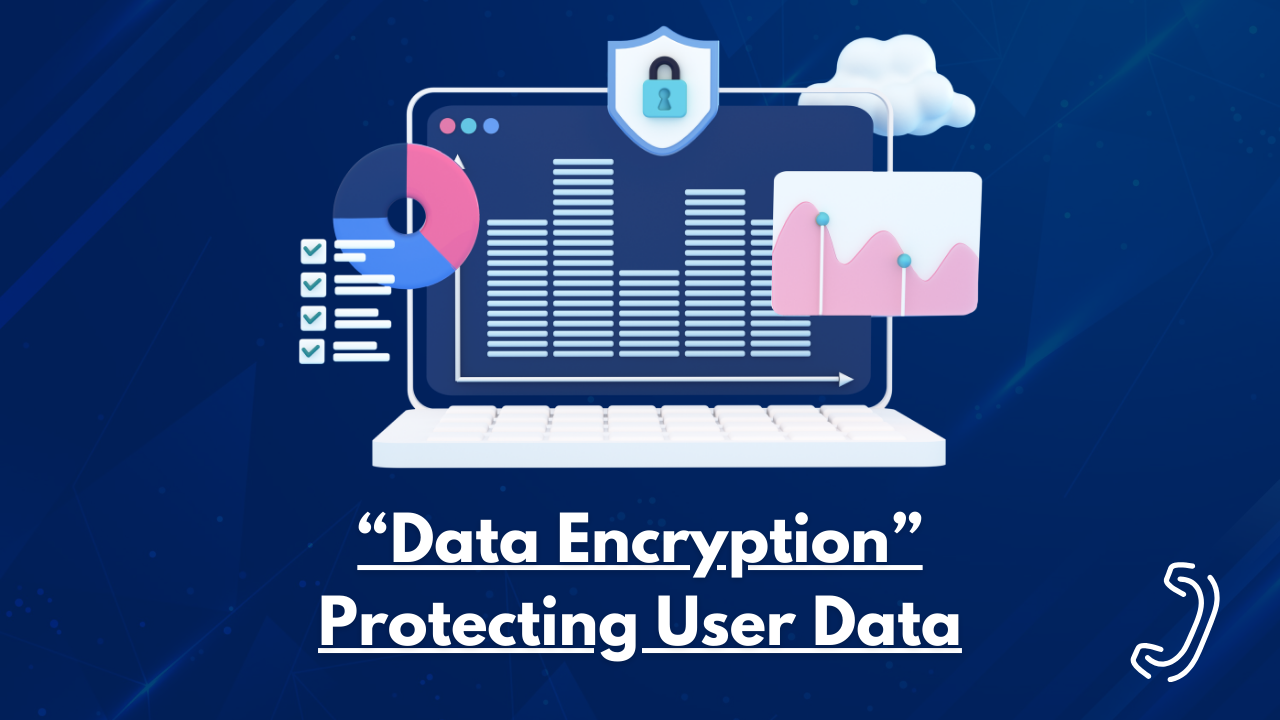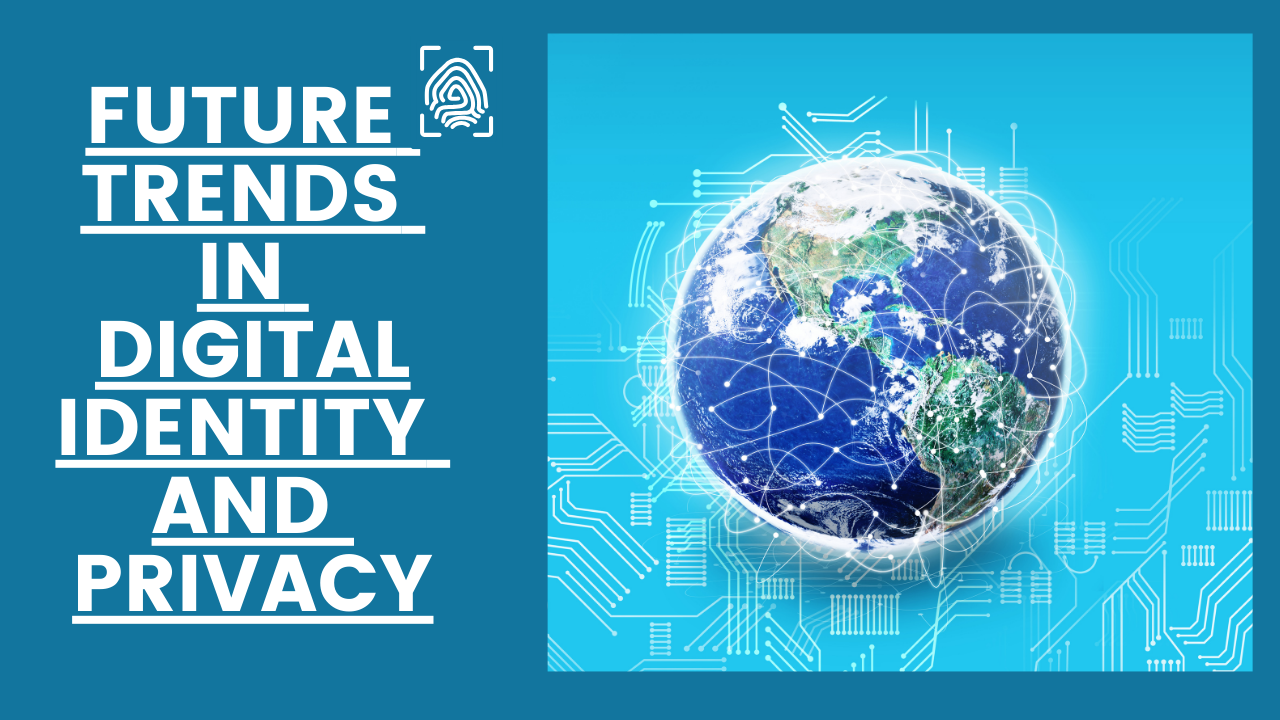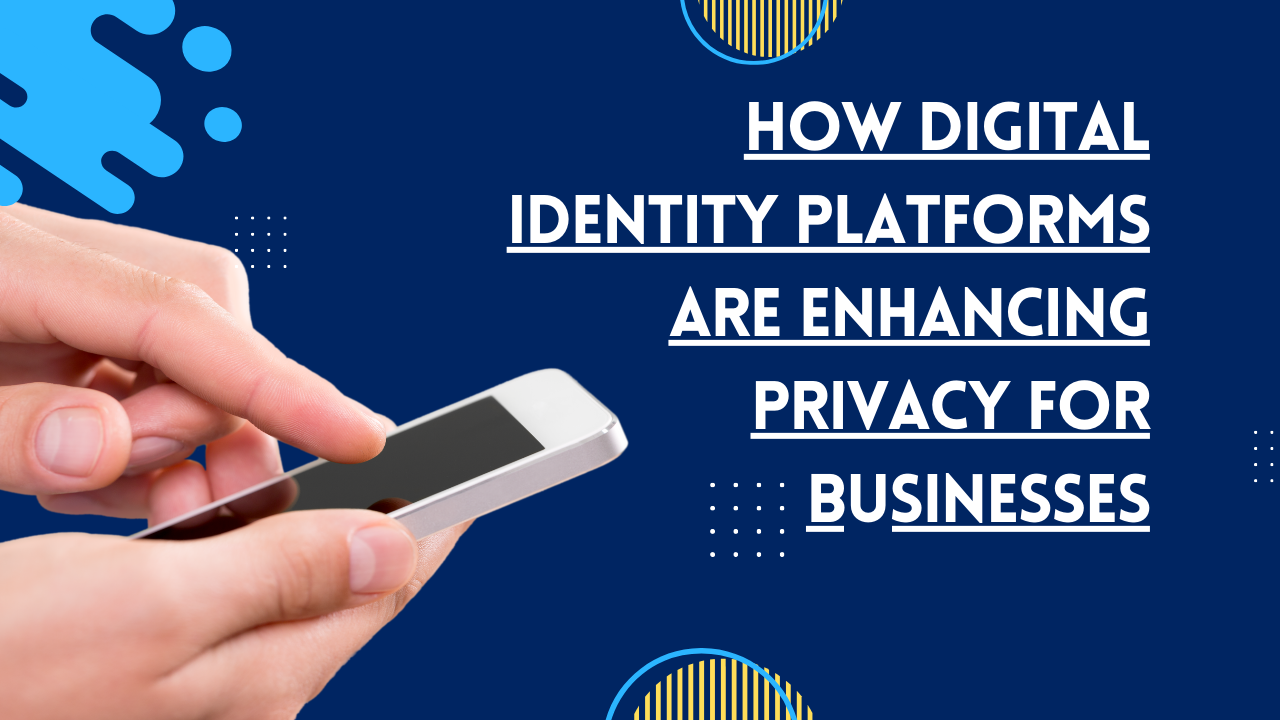In the digital age, businesses face an increasing need to protect customer data while ensuring a seamless user experience. As organizations continue to move more of their operations online, data privacy has become a primary concern. One of the most important tools to address these concerns is digital identity platforms. These platforms provide a way to securely manage user identities, offer robust authentication methods, and safeguard sensitive data. This article will explore how digital identity platforms are enhancing privacy for businesses, their key features, and how they are revolutionizing data protection.
What Are Digital Identity Platforms?
Digital identity platforms are systems or software solutions designed to create, manage, and secure the digital identities of users or entities online. These platforms use various technologies such as biometrics, multi-factor authentication (MFA), cryptography, and blockchain to verify the identity of individuals and organizations. A digital identity typically includes personal data such as names, addresses, biometric data, and other identifying information, which is essential for accessing digital services.
These platforms are used across a wide range of industries, from banking and e-commerce to healthcare and government services, ensuring that only authorized individuals can access certain online services, systems, and data. By using advanced security measures, these platforms play a key role in enhancing privacy, making it easier to protect personal and business data.
The Role of Privacy in Digital Identity Management
Privacy is one of the central tenets of any digital identity platform. In today’s world, consumers and businesses alike are increasingly concerned about data security and the potential for misuse of personal information. As data breaches, identity theft, and fraud become more common, protecting privacy becomes critical to maintaining trust and compliance with regulations.
Digital identity platforms help address privacy concerns in several ways. First, they enable businesses to comply with stringent privacy regulations, such as the European Union’s General Data Protection Regulation (GDPR) and the California Consumer Privacy Act (CCPA).
Moreover, these platforms are designed to minimize the amount of personal data collected by businesses, using techniques like pseudonymization and data anonymization to limit exposure. By reducing the amount of personal information businesses hold, these platforms lower the chances of a data breach or misuse.
Enhancing Privacy with Strong Authentication Methods
Authentication plays a pivotal role in digital identity management, ensuring that only legitimate users can access sensitive data or services. Widely used in digital identity platforms are strong authentication methods, such as Multi-Factor Authentication (MFA), to enhance privacy.
MFA requires users to verify their identity using multiple methods—such as something they know (password), something they have (a smartphone or hardware token), and something they are (biometrics, like fingerprints or facial recognition). This extra layer of security significantly reduces the likelihood of unauthorized access.
Biometric authentication is particularly useful for businesses aiming to enhance privacy. As biometric data is unique to individuals, it makes it extremely difficult for attackers to spoof or steal identities. In addition, biometric data is stored in a decentralized manner, making it harder for hackers to access multiple data points from a single breach.
Another key authentication method is the use of digital certificates. These certificates provide a secure, cryptographic way to verify a user’s identity online, ensuring that only those with the right credentials can access certain services or data.
Data Encryption: Protecting User Data
One of the most effective ways digital identity platforms enhance privacy is through data encryption. Encryption is the process of converting data into an unreadable format that can only be deciphered with the correct decryption key. This ensures that even if an attacker gains access to the data, they cannot read or misuse it.
Encryption is a core feature of digital identity platforms, used to protect sensitive personal information such as login credentials, transaction data, and biometric information. By encrypting sensitive data both in transit and at rest, these platforms ensure that customer information remains secure, whether it’s being transmitted over the internet or stored on business servers.
In addition to protecting data, encryption also plays a key role in maintaining compliance with privacy regulations. For instance, GDPR mandates that businesses take appropriate security measures to protect personal data, and encryption is one of the most effective ways to meet this requirement.
Blockchain Technology and Digital Identity Privacy
Digital identity platforms often integrate blockchain technology to enhance privacy and security. It offers a decentralized, transparent, and immutable ledger that allows businesses to securely store and manage digital identities.
With blockchain, users have more control over their data. Instead of businesses storing personal information on centralized servers, blockchain allows users to store their data in a secure, distributed manner. Users can control who has access to their data and can revoke permissions when necessary, adding a layer of privacy and security.
Moreover, blockchain enables businesses to verify the authenticity of users without needing to store sensitive personal information. This minimizes the amount of data companies have to manage, reducing the risk of data breaches and ensuring compliance with privacy laws.
Privacy by Design: A Core Principle of Digital Identity Platforms
Privacy by design is a concept that integrates privacy measures into the development process of a digital identity platform, rather than treating it as an afterthought. This approach ensures that privacy is built into every layer of the platform, from data collection and storage to processing and sharing.
Digital identity platforms that follow a privacy-by-design approach take proactive steps to protect user privacy. These platforms allow businesses to limit the amount of personal data they collect, process it only for the purpose for which it was intended, and ensure that it is stored securely and encrypted.
By adopting privacy by design, digital identity platforms help businesses avoid potential risks related to non-compliance with data privacy regulations and mitigate the chances of data breaches.
How Digital Identity Platforms Help Businesses Achieve Compliance
As data privacy regulations become more stringent, businesses are under increasing pressure to protect customer information. Digital identity platforms make it easier for businesses to comply with privacy laws such as GDPR, HIPAA, and CCPA.
For example, GDPR requires businesses to obtain explicit consent from users before collecting their data. Digital identity platforms can simplify this process by providing tools that allow businesses to capture, manage, and store consent information securely.
Moreover, these platforms can help businesses track and audit who accesses personal data and provide transparency and accountability in line with regulatory requirements. By helping businesses meet these compliance standards, digital identity platforms reduce the risk of costly fines and damage to their reputation.
The Impact of Digital Identity Platforms on Customer Trust
In an era where data breaches and identity theft are common, consumers are becoming increasingly cautious about where and how they share their personal information. Digital identity platforms can significantly enhance customer trust by providing secure, transparent, and user-controlled systems for managing personal data.
When businesses use these platforms that prioritize privacy and security, customers feel more confident that those in charge are handling their data responsibly. This trust can lead to stronger customer relationships, increased loyalty, and a better overall brand reputation.
By empowering users to manage their own identities and granting them control over their personal data, digital identity platforms create a sense of transparency that fosters trust between businesses and customers.
Future Trends in Digital Identity and Privacy
As digital identity platforms continue to evolve, we can expect several trends to shape the future of privacy and security in business:
- Decentralized Identities: As blockchain technology continues to mature, decentralized digital identities will become more common. This will give users greater control over their data and reduce businesses’ reliance on centralized databases.
- AI-Driven Identity Verification: Artificial intelligence will play a greater role in identity verification, using algorithms to detect fraud, analyze user behavior, and ensure that only legitimate users gain access to services.
- Biometric Advancements: As biometric technology continues to improve, businesses will adopt more sophisticated forms of identification, such as voice recognition or retina scanning, to ensure privacy and security.
- Zero Trust Security: The zero-trust model, which assumes that every access request is potentially malicious, will become more prevalent in digital identity platforms. This approach enhances security and ensures that only authorized individuals gain access to sensitive data.
Conclusion
Digital identity platforms are revolutionizing the way businesses approach privacy and data protection. By offering robust authentication methods, advanced encryption, blockchain integration, and compliance tools, these platforms ensure that personal and business data is secure from unauthorized access. As data privacy concerns grow, businesses that prioritize privacy by using digital identity platforms will not only protect their customers but also build stronger relationships based on trust.
In the future, as privacy regulations become more stringent and consumer expectations increase, digital identity platforms will continue to play a pivotal role in securing online interactions and fostering a safer, more transparent digital landscape.
FAQs
What is a digital identity platform?
A digital identity platform is a software solution designed to manage and secure user identities online, utilizing technologies such as biometrics, multi-factor authentication, and encryption.
How do digital identity platforms improve privacy?
These platforms enhance privacy by providing strong authentication, reducing the amount of personal data businesses collect, and implementing encryption to protect sensitive information.
Can digital identity platforms help with regulatory compliance?
Yes, these platforms help businesses comply with privacy regulations like GDPR and CCPA by managing consent, tracking access, and securely storing data.
What role does blockchain play in digital identity?
Blockchain offers decentralized storage of digital identities, giving users more control over their data and minimizing the risk of breaches by reducing the amount of sensitive information stored centrally.
Why are biometric authentication methods important for privacy?
Biometric authentication, such as fingerprint or facial recognition, offers high levels of security by verifying users based on unique physical traits, making it harder for hackers to steal identities.
